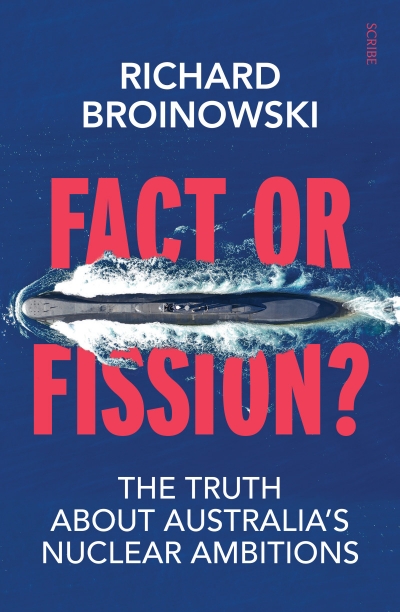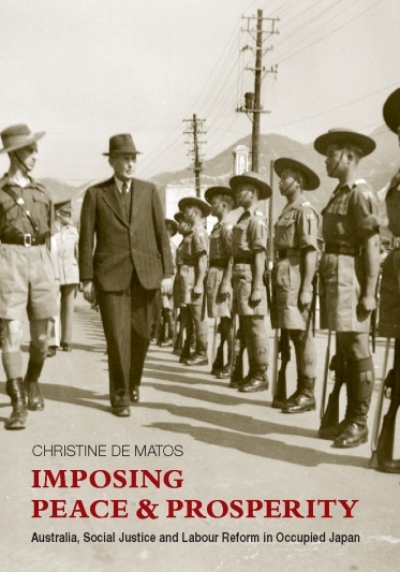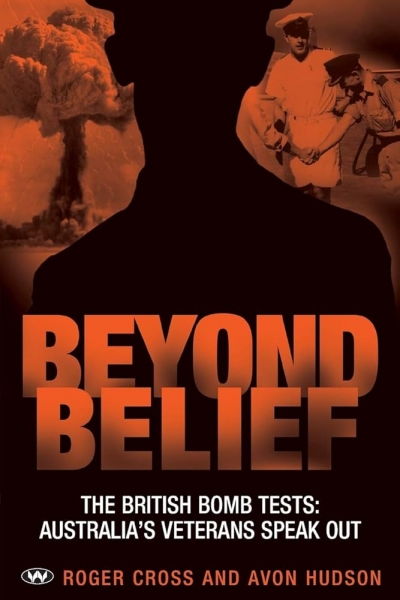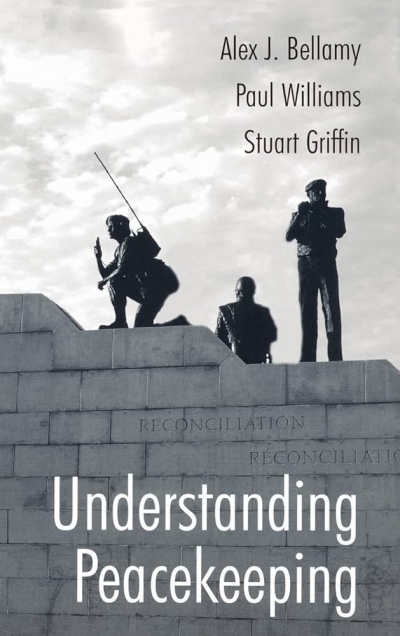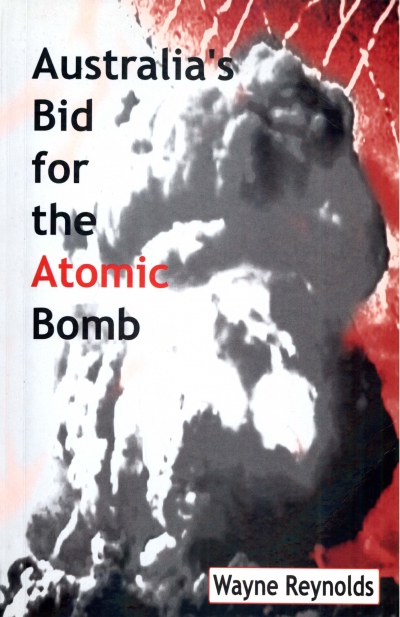Wayne Reynolds
Fact or Fission?: The truth about Australia's nuclear ambitions by Richard Broinowski
by Wayne Reynolds •
Imposing Peace and Prosperity: Australia, Social justice and Labour reform in occupied Japan by Christine de Matos
by Wayne Reynolds •
Maralinga: Australia’s nuclear waste cover-up by Alan Parkinson
by Wayne Reynolds •
Beyond belief: The British bomb tests: Australia’s veterans speak out by Roger Cross and Avon Hudson
by Wayne Reynolds •
Understanding Peacekeeping by Alex J. Bellamy, Paul Williams and Stuart Griffin & Other People's Wars by Peter Londey
by Wayne Reynolds •
Fact or Fission?: The truth about Australia's nuclear ambitions by Richard Broinowski
by Wayne Reynolds •

